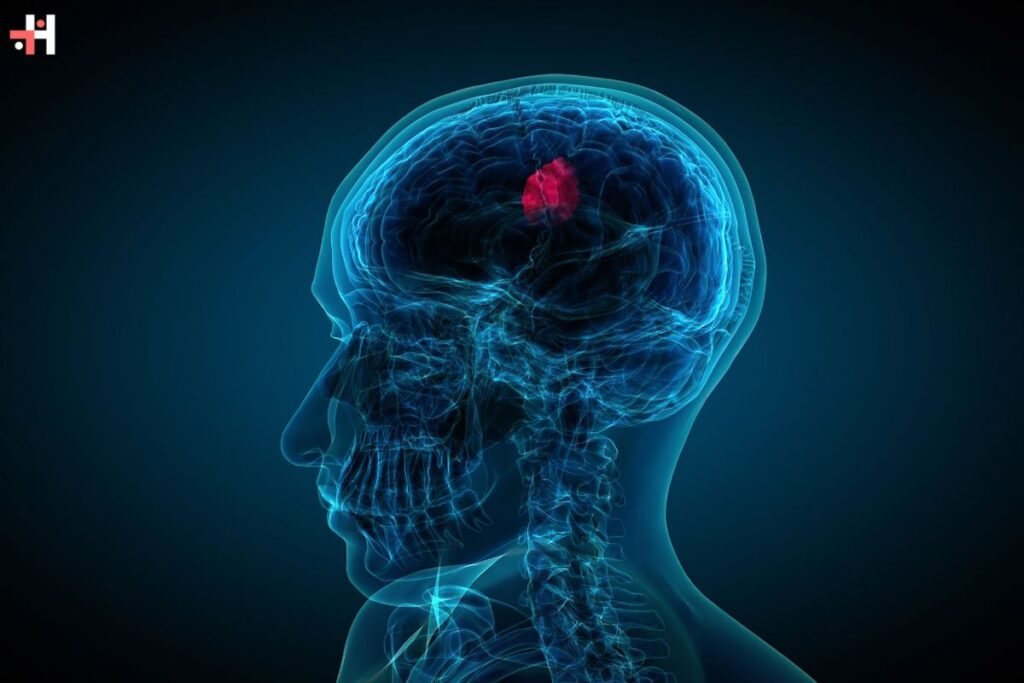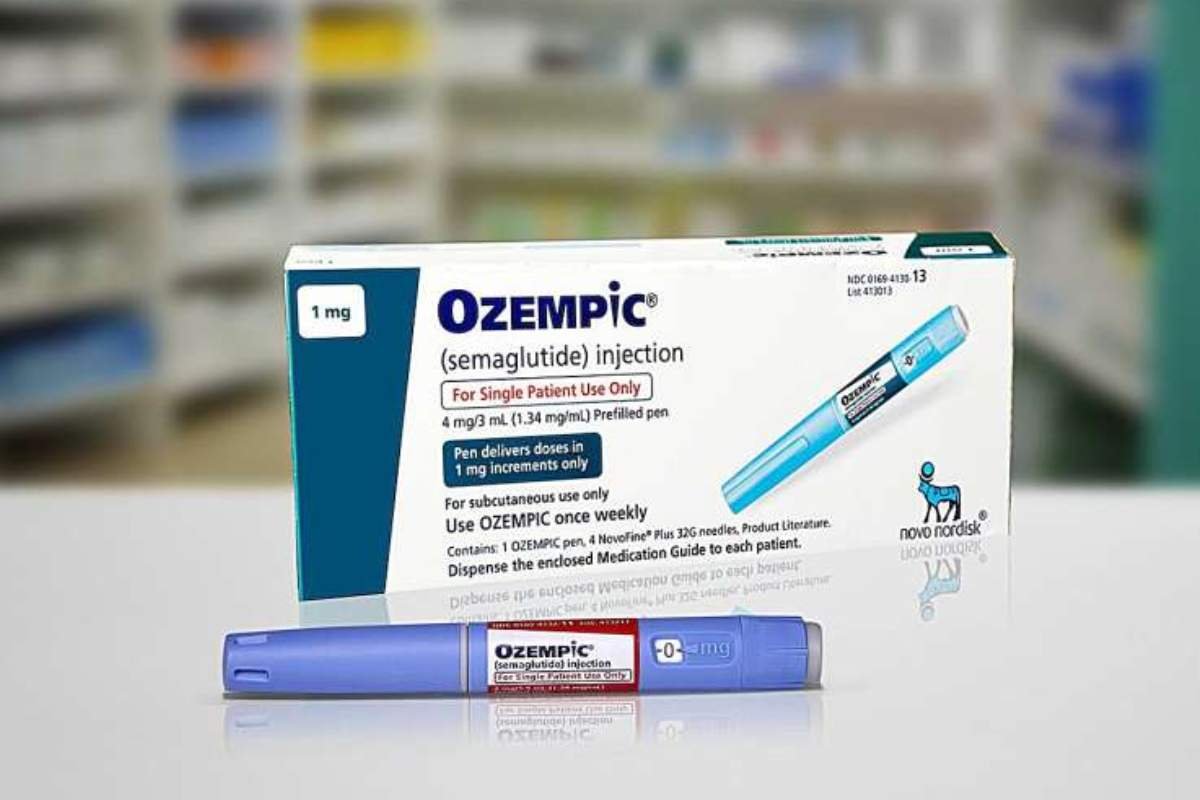In a groundbreaking development, a 72-year-old man diagnosed with a highly aggressive brain tumor, known as glioblastoma, experienced a remarkable reduction in tumor size within days of receiving a novel treatment infusion. While outcomes for two other participants were somewhat less favorable, the success of this case offers hope in the quest for effective treatments for a disease currently deemed incurable.
The Challenge of Glioblastoma
Glioblastomas, originating from supporting cells within the central nervous system, are among the most lethal cancers, claiming up to 95 percent of patient lives within five years of diagnosis. Conventional therapies often fail to combat their rapid growth and malignant nature, necessitating innovative approaches to tackle this formidable adversary.
Researchers from Mass General Cancer Center in the US explored the potential of CAR T-cell therapy, harnessing the patient’s immune system to target cancer cells. Traditionally approved for blood cancers, CAR T-cell therapy holds promise in identifying and eliminating glioblastoma cells due to its ability to recognize specific surface markers.
A Targeted Approach
One such marker, a mutated variant of the epidermal growth factor receptor (EGFR), serves as a potential target for CAR T-cell therapy. However, glioblastomas present a challenge with their diverse disguises, requiring innovative strategies to enhance CAR T-cells’ ability to identify cancerous cells effectively.
The INCIPIENT trial, a phase 1 clinical trial, aimed to assess the safety and efficacy of CARv3-TEAM-E T-cell therapy in glioblastoma patients expressing the variant EGFR. Three participants were enrolled in the trial, each facing the daunting prognosis of this aggressive disease.
New CAR T Therapy Shows Promise for Glioblastoma
Promising Results
The first patient, a 74-year-old man, exhibited significant tumor regression following the infusion of CARv3-TEAM-E T-cells, offering initial hope for successful treatment. Similarly, a 57-year-old woman experienced near-complete tumor regression within days of therapy administration, albeit with subsequent tumor recurrence observed later.
Despite setbacks in some cases, the third participant, a 72-year-old individual, showed no signs of brain tumor recurrence following treatment, signaling a potential breakthrough in glioblastoma therapy. Moreover, side effects were limited, with only mild fever and transient lung nodules reported.
Looking Ahead
The researchers remain cautiously optimistic, emphasizing the need for further study and clinical trials to validate the efficacy of CAR T-cell therapy in treating glioblastoma. While the long-term prognosis remains uncertain, these preliminary findings offer a glimmer of hope for patients facing this devastating diagnosis.
As research progresses and innovative therapies evolve, CAR T-cell therapy could emerge as a beacon of hope for patients battling the deadliest of brain tumors. With continued dedication and exploration, strides in glioblastoma treatment could offer renewed optimism for patients and healthcare professionals alike.










